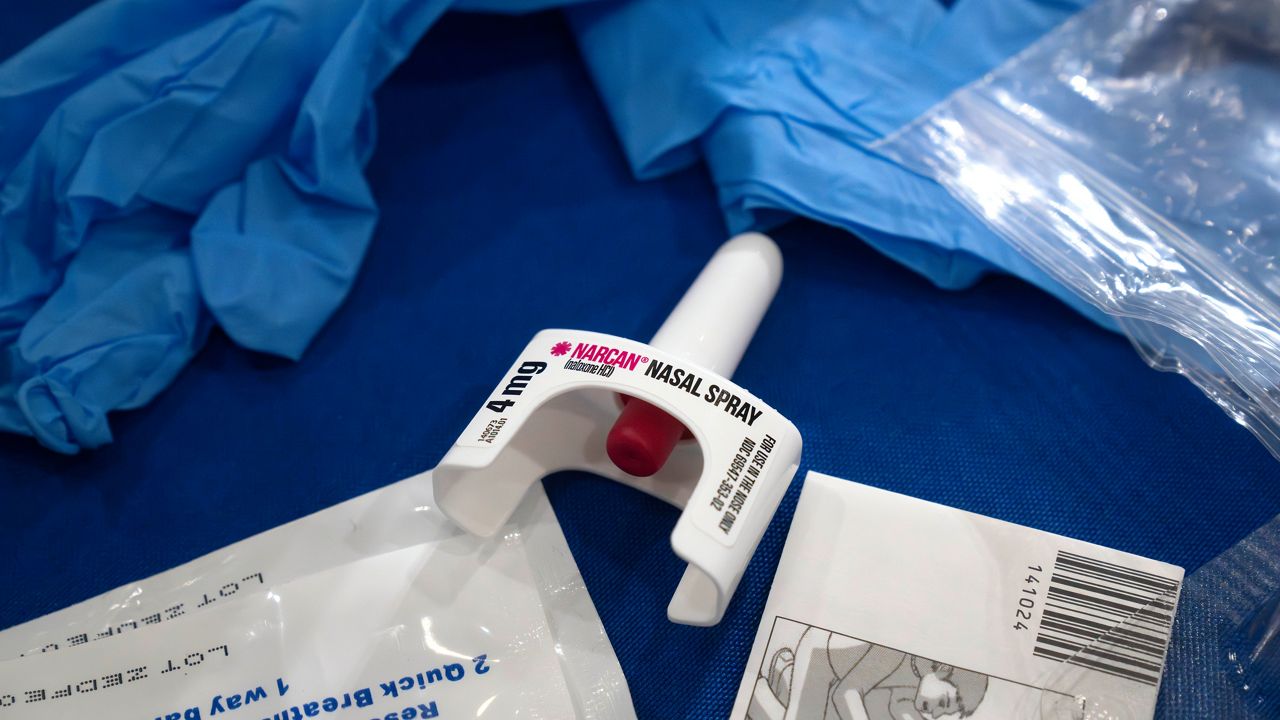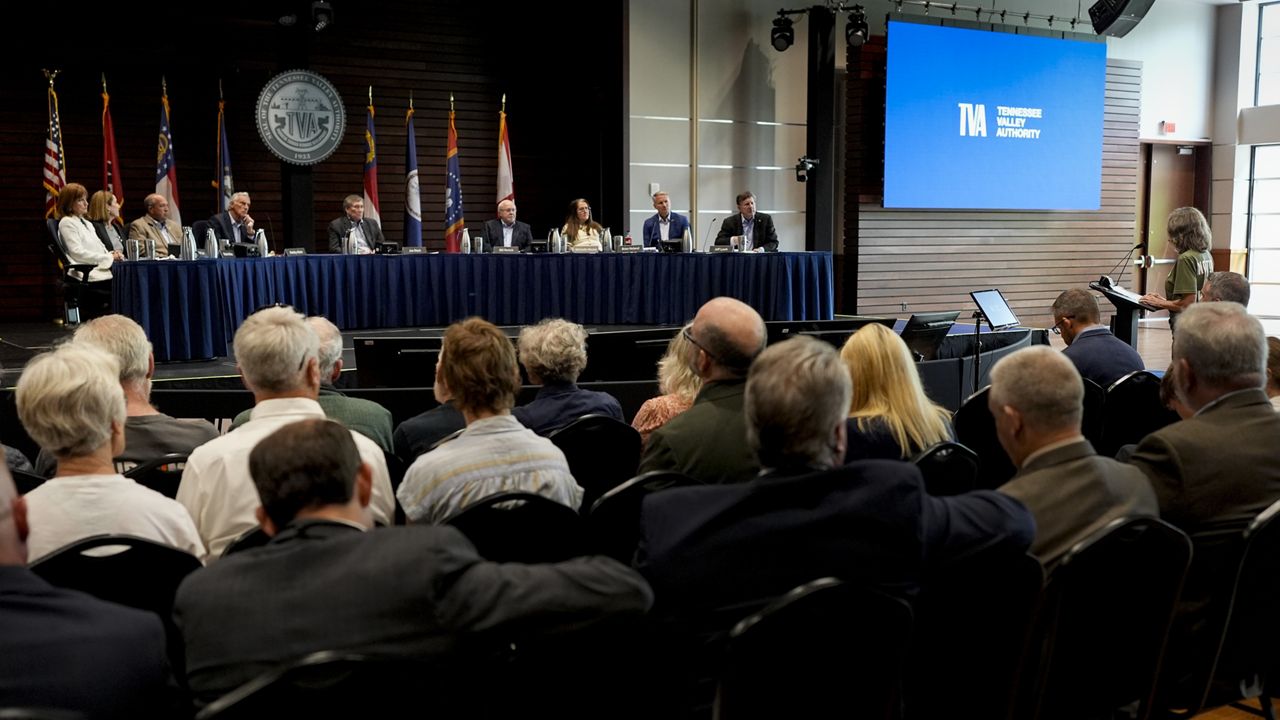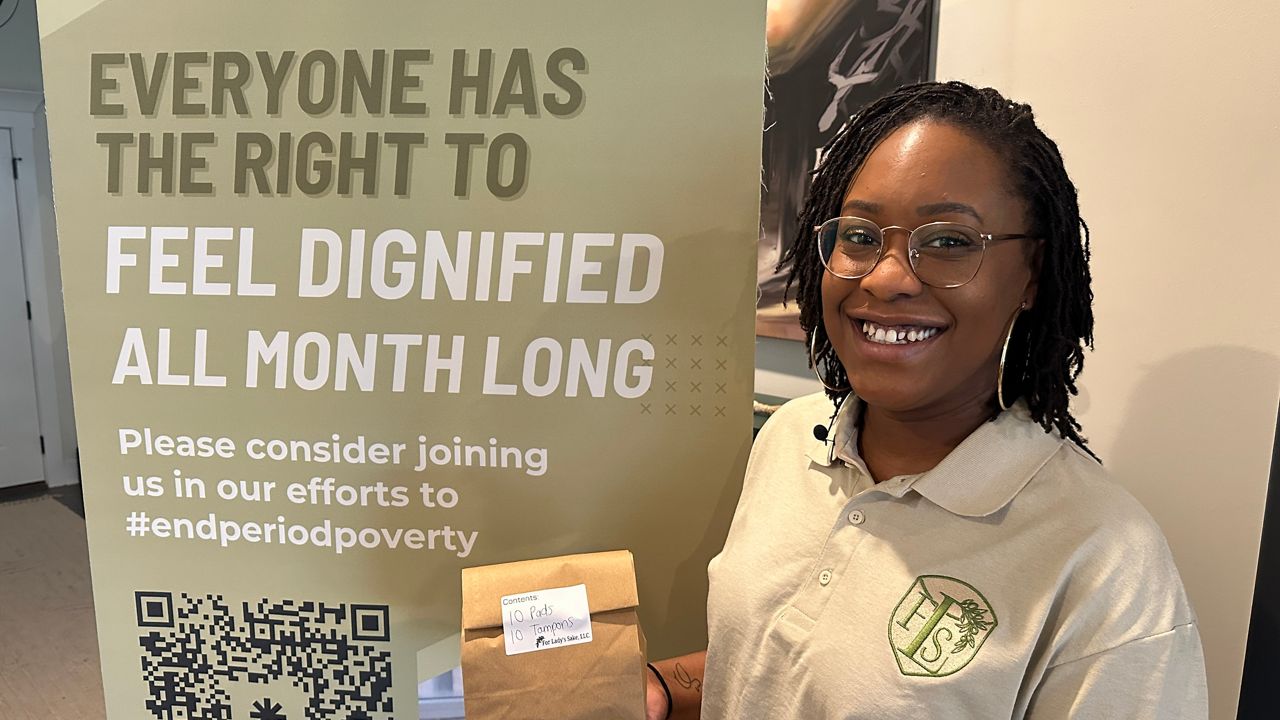LEXINGTON, Ky. — As Russia’s invasion of Ukraine wages on, one expert from Kentucky weighed in on how the situation got to this point, what people can expect, and how this conflict can impact Kentuckians.
Kentuckians aren’t seeing explosions light up the sky, or hearing air raid sirens warning of impending doom, but the global ripple effects of the conflict will be felt in the Bluegrass, as professor of history at Transylvania University explained.
Slepyan received his Ph.D. at the University of Michigan in 1994. He is a trained Russia and Soviet Union historian, with a focus on the Soviet Union in WWII.
He echoed the phrase about history repeating itself many are familiar with, though the extent of the attacks on Ukraine caught him off guard.
“On the one hand, the signs have been there all along,” he said. “The buildup was clearly indicating some kind of action. At the same time, I do have to admit I’m very surprised to see such an overt attack in Europe, such blatant disregard of international law.”
When asked how the conflict escalated to its current state, Slepyan referenced statements made by Russia President Vladimir Putin about wanting to ‘denazify’ and demilitarize Ukraine.
“That would suggest they’re looking for some kind of regime change, and to disarm the Ukrainian military, which is not going to allow itself to be disarmed. So how extensive this goes is anybody’s guess,” he said. “My guess is, given what Putin has said, and given the overt nature of all of this, that economic sanctions are not necessarily going to deter him from doing anything. He seems to want to do what he’s going to do. The question is how much pain can be inflicted on the Russian economy to at least have some kind of restrictive effect on it?”
In terms of how this directly affects Kentuckians, that’ll start with their wallets, Slepyan said, many of which are already hurting from inflation.
“Given the importance of Ukraine for world food supplies, there’s going to be an impact there.”“We’re going to see it in terms of the effect of gas prices, for example,” he said. “Given the importance of Ukraine for world food supplies, there’s going to be an impact there.”
As for where this goes, Slepyan said he thinks Putin is the only person who can really answer that question.
“Putin has made some threats, saying that anybody who intervenes, this is a paraphrase, is going to see actions that no one has ever seen before, something to that effect. We don’t know what that means,” he said. “And certainly knowing this from the history of wars in Europe in the 20th century: things which start out as limited wars can escalate and get out of control.”
Further economic escalation and cyber attacks are possibilities, he pointed out. While Russia has taken steps to minimize economic sanctions, Slepyan said an important thing to monitor is whether China will aid Russia financially to offset sanctions.
What’s clear though, he said, is, much like the rest of the world, Kentucky is not isolated from this conflict.
“Security and stability, whether it is in Europe or in Asia, sometimes requires sacrifice. And willingness to pay certain costs for it. I’m not talking about lives, but even sometimes in terms of our own pocketbooks,” Slepyan said. “We have to ask ourselves, is this price we are willing to pay in order to maintain the democracy in the country and try to ensure stability and security in Europe?”










